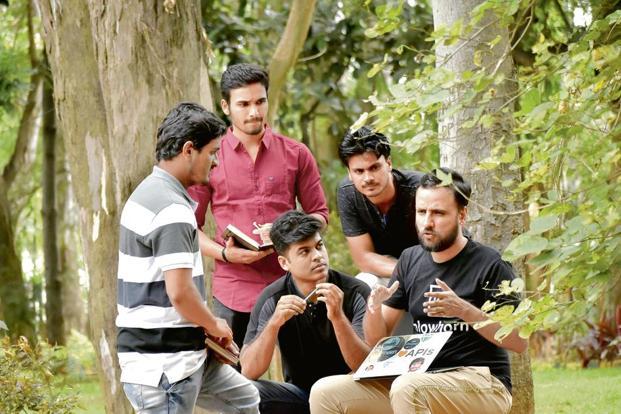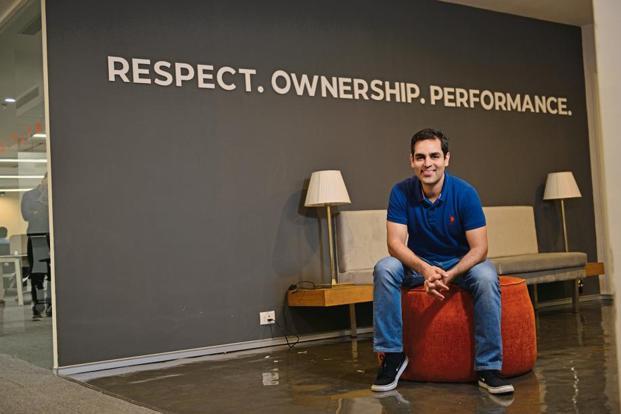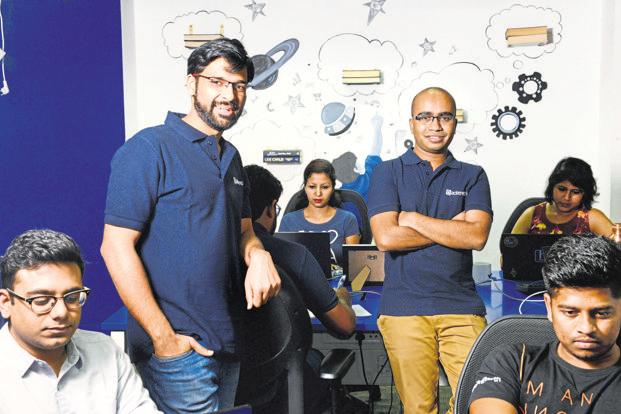Welcome! Dear Penpal is a fortnightly newsletter by me, Shweta Taneja, to support you in your creative journey with tips, opportunities, insights and inspirations. Subscribe or read the archives here.
Dear Penpal,
I have to tell you this story!
The name of my newsletter, ‘Dear Penpal’, came thanks to two inland letters that I wrote to two kids in two hospitals – one in India, one in Canada. I was lucky enough to write to them as I had just released a new book for kids and was asked to send them signed copies. I signed the books with a customary ‘Dear…’ and my squiggle signature.
I felt it lacked warmth, but most of all hope.
There was so much more I wanted to tell these two children. I wanted to tell them more about me, about life, about how being hopeful and happy is important to all of us. So, I fished through my office drawers, dived into a bag of things I have collected, to try and see what I could find.
And lo and behold, two inland letter cards popped out of my myriad magical collection. They were leftovers of a past workshop in a school where I had asked kids to write a letter to a ghost. (A fun workshop, dear penpal, is the best thing you can do to promote your book. For you remember it long after with a smile, even if two people bought your books.)
The two empty inland letters made me feel nostalgic. I remembered my teenage self in the 90s, when I would spend hours creating beautiful letters, personal, positive and sometimes pensive; long, handwritten letters that I would then post to my buddies. I had many and it kept me busy all through the summer.
Oh, the joy of writing letters to someone!
To tell them of all your secret fears, your little indiscretions, your aspirations and hopes. To daydream through the medium!
I wrote to these two pre-teen friends of mine, telling them about what penpals are.
I asked them – no begged them – to write back to me.
As soon as I posted the two books with the letters inside them, I wanted, selfishly desired, more of this pleasure. To find new penpals (that’s you, dear reader!), write about myself, about how hard my writing was, but how I kept at it, day in and day out.
And share the joy of completing something, or getting something published, of smelling a freshly minted book. Or to share small nothings. Little things that make life – well – worth living and truly wonderful.
Yes, I could probably do this on social media. But, you know it, don’t you?
It’s just not the same.
If you and me, would have met online on Instagram or Twitter, we would be in a hurry, two sort-of-friends waving a polite hello to each other, in the middle of the market as we’ve so many chores to complete, so many things to scroll through.
I’ll finish off my letter with a few links and one great news: Those two kids who I mentioned above? Both are going to write back to me.
Write back. On paper. Handwritten letters.
Every day, I’ve been going down to my letterbox and peeping into it, my heart filled with wonder, joy and excitement.
Sunday Sundry
- History of inland letters in India: Read this charming essay about the history of inland letters in India by Ashok Kumar Bayanwala. A Gujarati gentleman who has researched on this and added his postal address at the end of the page, not his email.
- Subscribe to Daak, a wonderful newsletter which sends you postcards in your inbox with bits and pieces of India’s history and culture.
- Find a penpal? Of course I Googled ‘Find a penpal’ and landed on Geek Girl Penpals which sorts pals by age (seems a bit ageist but I love the name of the site) and Global Pen Friends which sounds like a place I would like to begin finding a penpal to write to. Always wanted to write to someone in Chile. Hmm.
- Space Operas rock! I’ve been reading more and more of space operas recently. Somehow between reading dystopia, completely missed it as a genre, except Star Wars. It’s so, well, filmy and I love it. For now, recommending the classic Culture series by Iain M. Banks.
- If you can, please read this heart-wrenching, beautifully written account of getting covid-19 in a remote village in the Himalayas.
My Writing Joys
- Triathlon on Mars, anyone? I’ve just signed a contract with a publisher for a new short SF story for kids! It’s about a triathlon on Mars. Oh yes. Loved writing the story. You’ll see it sometime next year.
- A year in a new lockdown job. A year ago, in May 2020, I started a wonderful programme at Nature Conservation Foundation. Communicating about the joys of birds and nature to the public. It’s a perfect job for me – someone who loves birdwatching, people and thrives in finding new partners. It pays well, I have lovely colleagues and most of all, freedom to be creative. To do anything. Here’s to wonderful jobs one can find, serendipitously, due to the pandemic.
- A laugh-out-tale about a robotic bride: An Indian family heads to a boutique in Delhi to look for a perfect robotic bride for their boy. Read my just released, hilarious science fiction story, for free on The Antonym magazine website.

Dear Penpal, does sharing give you joy?
When you tell someone about your worries, does it become better for you? If you guide someone or give selfless advice about creating, does it make it feel better?
Be generous and keep chiselling!
P.S. If you like this newsletter and want to support it, you can:
1) Buy one of my books
2) Connect with me on Instagram, Twitter or LinkedIn so we can grow our creative selves together.
3) Forward this newsletter to a friend with an invitation to subscribe right here: bit.ly/dearpenpal













